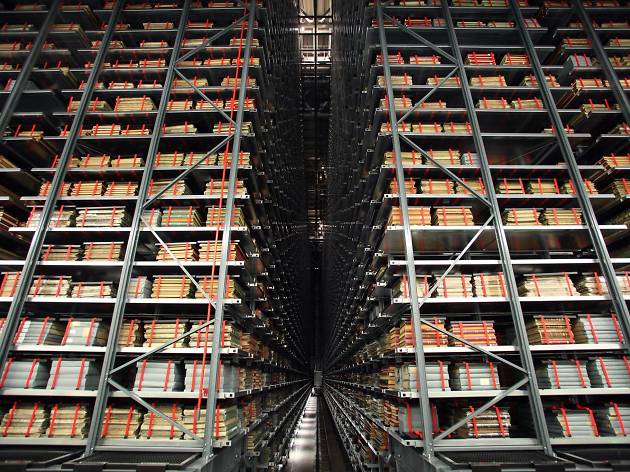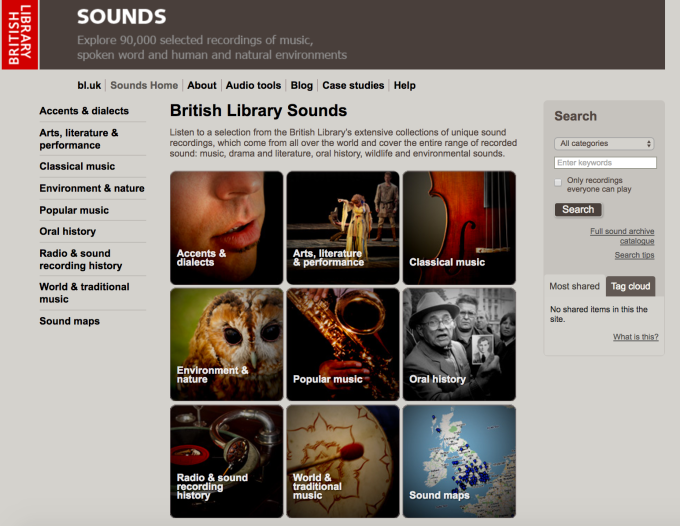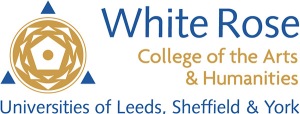After a few weeks of gently easing myself out of the Christmas slump, I was sprung back into action by waking up at silly o’clock in the morning to head to British Library.
Every year the British Library hold a range of Doctoral Open Days, targeted at early stage PhD candidates looking for sources of data. Different days are based on different collections, from Nineteenth Century to Early Modern to Asian and African. If in doubt, get in touch with organiser Robin Saklatvala, who was incredibly helpful in deciding which would be most relevant to my research. 🙂 I ended up attending the News & Media day, which upon reflection, was definitely a wise choice. I’ll be discussing the News & Media specifics here, but some of the material is used across the open days.
After a slightly difficult start (not being a morning person) and a large mug of tea, the first talk began. Maja Mericevic, head of HE, started things off by outlining the history of the library – bringing together the resources of the National Libraries of Scotland and Wales, and the British Museum reading rooms as late as 1976! Given the immense quantity of holdings I had always assumed the BL to be a much older institution, but here we are. She made a quick point about EThOS (E-Theses Online), which currently has 80% of UK PhD Theses freely available to read. Whether you’re looking for the work of a particular researcher or simply want to see what a completed PhD thesis looks like, it’s a great resource to know.

The Sound archives are another of the Library’s strengths, with a greater focus over the last few years on collecting oral histories, separated by subjects including food, early spoken word recordings, conversations between people and folk music. There’s also a very interesting section for accents & dialects, including dialect maps of the UK, and wildlife recordings from all over the world.
Since 2013 the Library has begun to archive all public UK web content – anything that ends in a .uk web address, or is uploaded from UK-based servers, with different frequencies according to subject matters. They’re now backing up approximately 60TB worth of data every year, and compiled it all into a searchable database on the webarchive.org. Periods including general elections and the run-up to the EU referendum last year were archived more regularly, in order to give the most potential data to sociologists, media researchers, and historians.

Finally, the day concluded with a note from the Digital Research Support group, whose job it is to support researchers in using computational methods to get the most out of the Library’s holdings. Digital Curator Nora McGregor shared a couple of examples of their annual British Library Labs projects, including fellow Chartist (Historian) Katrina Navickas, on the potential uses for the library’s data to get us thinking.
The day was an informative, but by no means exhaustive guide to what the Library has to offer doctoral candidates. What it offered was a bouncy springboard from which to jump off and explore according to our own research, offering contacts and guides for different sections to seek specific support as and when I need it while working on the Library’s collections. I’ve already been in touch with the Digital Research team to help with my own Digital Humanities work. All in all, a useful day for beginners.
I was able to attend this event thanks to small award funding from WRoCAH.
